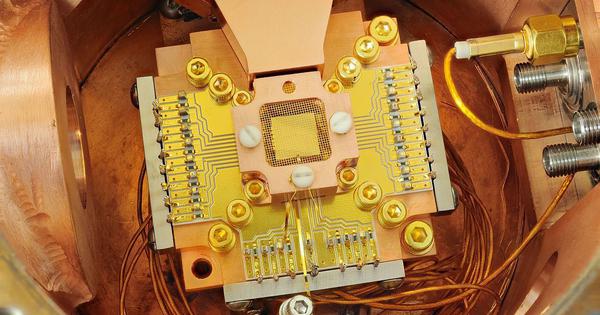
Vaccine and drug development, artificial intelligence, transport and logistics, climate science – these are all areas that stand to be transformed by the development of a full-scale quantum computer. And there has been explosive growth in quantum computing investment over the past decade.
Yet current quantum processors are relatively small in scale, with fewer than 100 qubits – the basic building blocks of a quantum computer. Bits are the smallest unit of information in computing, and the term qubits stems from “quantum bits”.
While early quantum processors have been crucial for demonstrating the potential of quantum computing, realising globally significant applications will likely require processors with upwards of a million qubits.
Our new research tackles a core problem at the heart of scaling up quantum computers: how do we go from controlling just a few qubits, to controlling millions? In research published in Science Advances, we reveal a new technology that…
